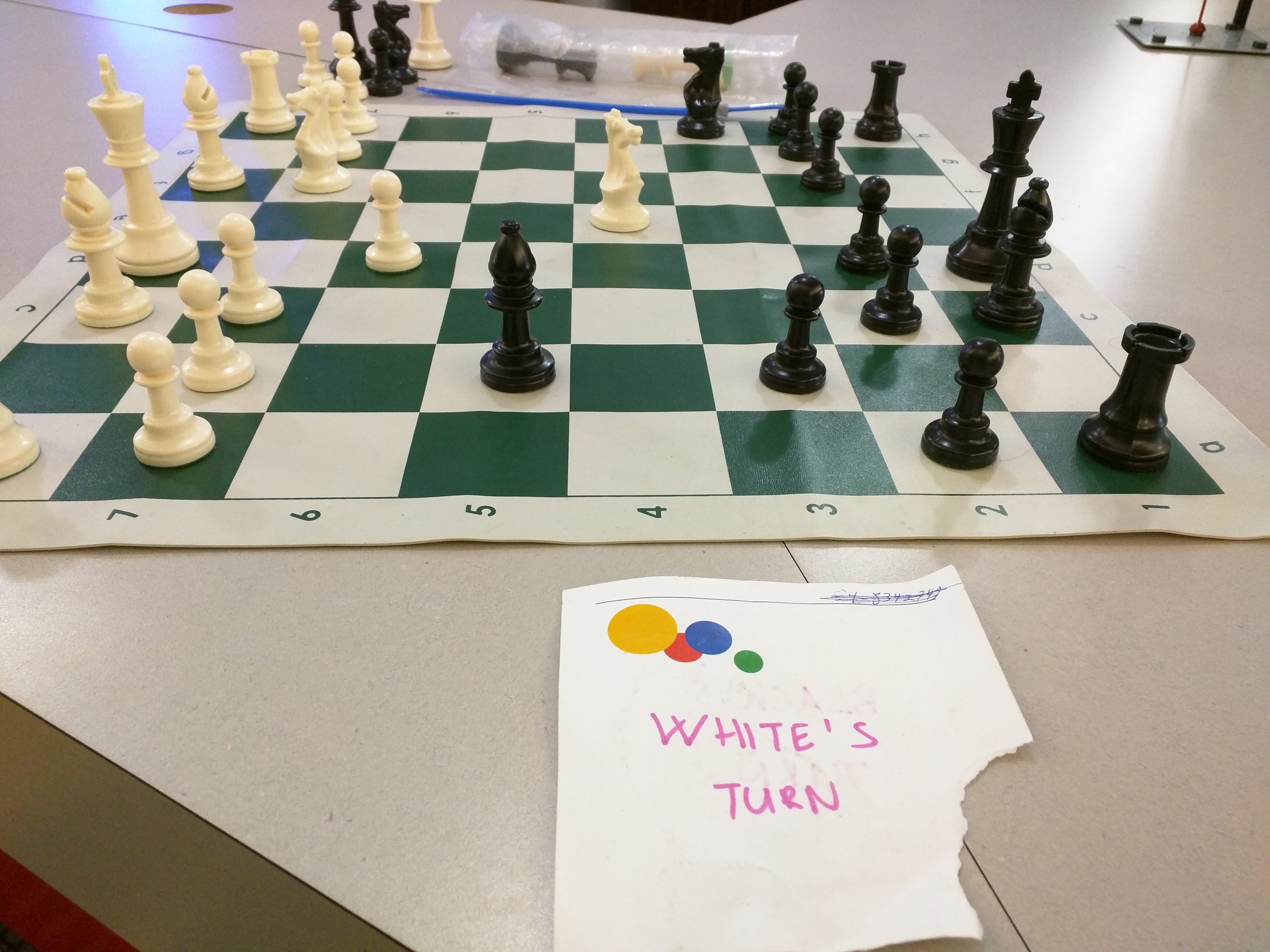So about that Google guy and his absurd fake-science rant about women. In my seven years at Google, I heard again and again from women in engineering that they felt slighted — left out of discussions, overlooked, underestimated. What happened with this post, and the author’s subsequent firing, didn’t happen in a vacuum.
Some of the best people I’ve ever worked with were women at Google: my tech writing colleagues, my first manager at DoubleClick, countless product managers and program managers and translation managers and UX designers and software engineers and women in other roles too. Women make tech better and women make Google better.
Here’s an example. Google is a global company that makes products for both women and men — like, for example, smart phones that measure your steps. I remember a big meeting where this tech was explained: with the phone in your pocket, the accelerometer would measure each swing of your leg. But, someone asked, what about when the phone is in your purse? The guys on stage just sort of stared. Purses had not occurred to them, and they waved it off as something they’d solve later. It’s hard to imagine half the population’s needs being so easily dismissed if women had also been half the population on the engineering team.
The challenges of diversity
Diversity sometimes challenges us. I experienced this directly, and it wasn’t comfortable. I won’t go into the details, but at one point I found myself sitting in a room with an HR rep, trying to explain my way out of a comment I’d made to a female colleague in a private conversation. From her perspective, I’d questioned whether a woman could effectively lead a group of men. That wasn’t my intention, but I can see how she got there. I’d expressed myself poorly, and I take responsibility for that. But I’d also spoken against a background of pervasive, sometimes radical sexism whose extent and severity I don’t think I fully understood, and maybe I still don’t.
But you know what’s even more uncomfortable than a conversation with HR that makes you squirm and fucks up your quarterly performance review? Working an entire career in an industry and a company that makes you squirm and consistently undervalues, underrates, and underpays you because of who you are.
So I took my medicine. I defended myself, but I was also grateful to work for a company that took my colleague’s concerns seriously. There were things I needed to do better, and still are. I’m open to that. And I can think of moments across my 20 years of professional life where I’ve said sexist or racist things, or stood by while other people said them. We’re not going to make progress if we all pretend it’s someone else.
The right choice
Google made the right choice in firing the guy who wrote this manifesto, both for promoting grotesque and counterfactual stereotypes about women, and for expressing his views in a way that has been wildly disruptive to the company where he works. This isn’t, to me, a matter of free speech, nor a matter of political oppression. He wasn’t punished for his private speech or his conservatism, but for his public announcement in the workplace that he viewed a significant group of his colleagues as inherently unsuited for their work and prone to neuroticism.
It also matters that he was dead wrong. Not all viewpoints are equally valid.
I hope Google, and the larger tech world, learn from this incident. Much more needs to be done, clearly, if this sort of nonsense gains traction within the company.
For people who look like me, that means facing up to discomfort from time to time. We can handle it, though. Our women colleagues have handled it their whole careers. There’s a lot we could learn from them.


 Seoul is deceptive in more or less the opposite way from New York. Seoul convinces you that everything is normal and there’s nothing to see. The standard tourist circuit includes some so-so palaces that were all rebuilt in the last 50 years anyway, plus a bunch of shopping districts where everyone’s wearing Western clothes and drinking Starbucks coffee. As a friend put it recently, “I was expecting Seoul to be more Asian.” The beige apartment towers, the red-brick residential buildings, the glass-and-stone commercial strips have an almost militant blandness, and the chain stores repeat like a canvas backdrop loop on a crank. Even the city slogan, “I.SEOUL.U,” manages to convey nothing, while its bizarreness distracts you from the actual city.
Seoul is deceptive in more or less the opposite way from New York. Seoul convinces you that everything is normal and there’s nothing to see. The standard tourist circuit includes some so-so palaces that were all rebuilt in the last 50 years anyway, plus a bunch of shopping districts where everyone’s wearing Western clothes and drinking Starbucks coffee. As a friend put it recently, “I was expecting Seoul to be more Asian.” The beige apartment towers, the red-brick residential buildings, the glass-and-stone commercial strips have an almost militant blandness, and the chain stores repeat like a canvas backdrop loop on a crank. Even the city slogan, “I.SEOUL.U,” manages to convey nothing, while its bizarreness distracts you from the actual city.